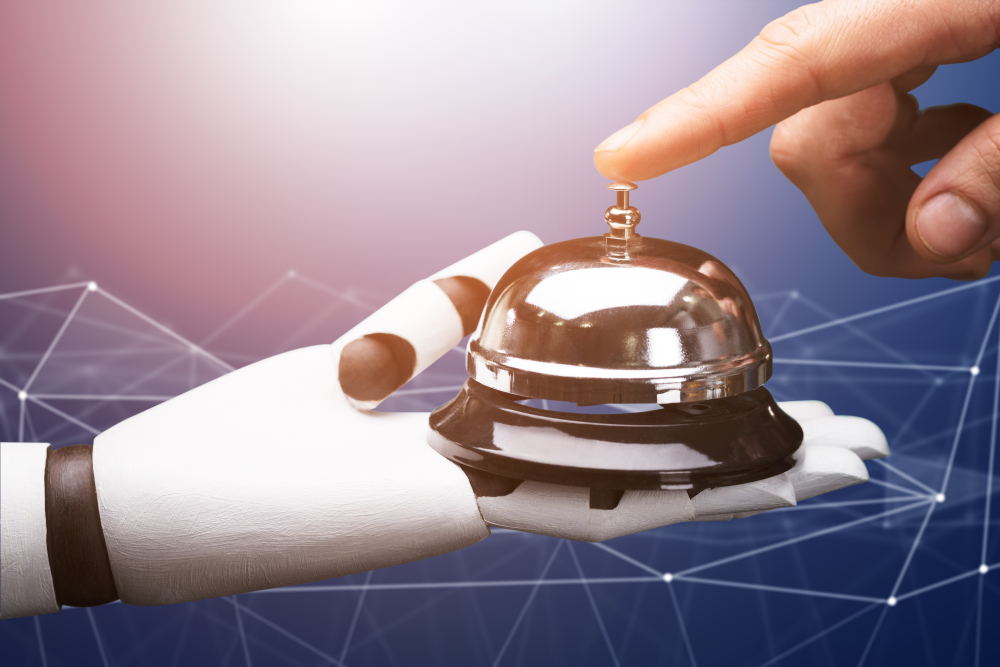AI is poised to reshape the hospitality sector in profound and multifaceted ways, touching everything from guest experiences to operational efficiency. Let’s explore this in layers:
Guest Experience and Personalisation
One of the most transformative impacts will be the rise of hyper-personalised stays. Hotels, resorts, and even short-term rentals will increasingly use AI to anticipate guest needs:
- Smart recommendations: AI can analyse guest profiles, travel histories, and preferences to suggest tailored experiences, from spa treatments to local tours.
- Conversational interfaces: Chatbots and virtual concierges will handle queries around the clock, offering multilingual support with warmth and nuance.
- In-room AI: Voice-activated assistants and smart room systems will let guests customise lighting, climate, and entertainment with ease.
This shift makes hospitality less transactional and more relational, creating a sense of being seen and understood.
Operational Efficiency and Cost Savings
Behind the scenes, AI is becoming the invisible orchestrator:
- Dynamic pricing: Revenue management systems powered by AI already adjust rates in real time based on demand patterns, competitor pricing, and even weather forecasts.
- Automation of routine tasks: From check-in kiosks to robotic housekeeping assistants, AI reduces reliance on manual labour for repetitive work.
- Inventory and supply management: Predictive analytics helps kitchens and housekeeping optimise stock levels, minimising waste and costs.
This allows staff to focus on high-value interactions, enhancing the human touch where it matters most.
Marketing and Customer Loyalty
AI may also reshape how hospitality brands connect with their audiences:
- Predictive loyalty programmes: Hotels will use AI to identify guests most likely to return and create bespoke offers.
- Sentiment analysis: AI tools scan reviews and social media to detect emerging trends and guest concerns in real time.
- Immersive digital marketing: Generative AI can craft personalised itineraries or even simulate virtual previews of a stay before booking.
This makes marketing less of a megaphone and more of a conversation.
Sustainability and Ethical Dimensions
AI can support the sector’s green ambitions:
- Energy optimisation: Smart systems regulate heating, cooling, and water use dynamically, reducing a property’s carbon footprint.
- Sustainable sourcing: AI helps kitchens design menus around locally available and seasonal ingredients, balancing cost with sustainability.
Yet, the industry must also grapple with ethical questions such as privacy concerns, over-automation risks, and the danger of losing the human warmth central to hospitality.
The Road Ahead
The greatest opportunity lies in blending machine intelligence with human empathy. Guests will value efficiency, yes, but also the irreplaceable charm of authentic hospitality. The winners in this AI era will be those who harness technology not as a cold substitute but as an enabler of richer, more memorable human experiences.

